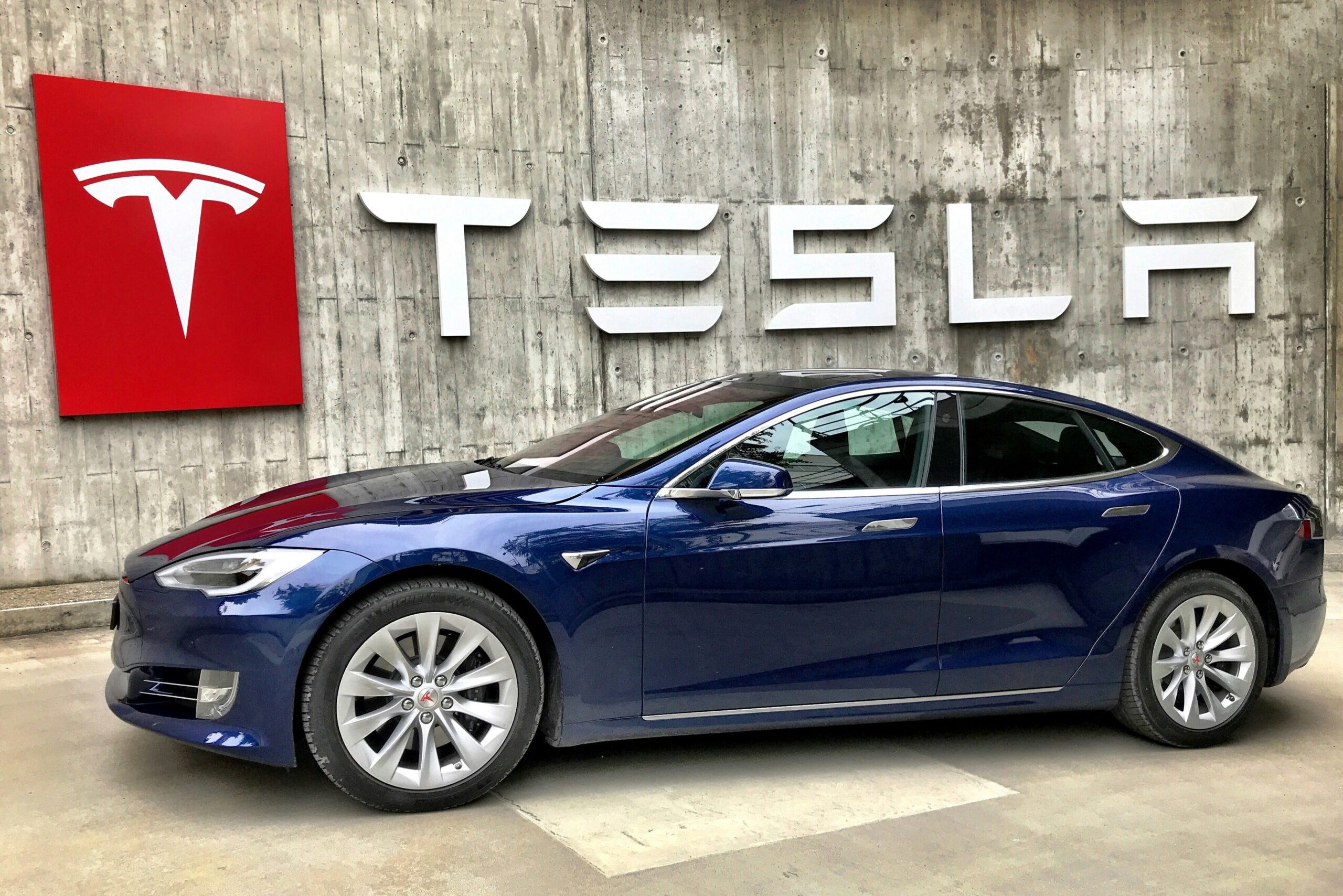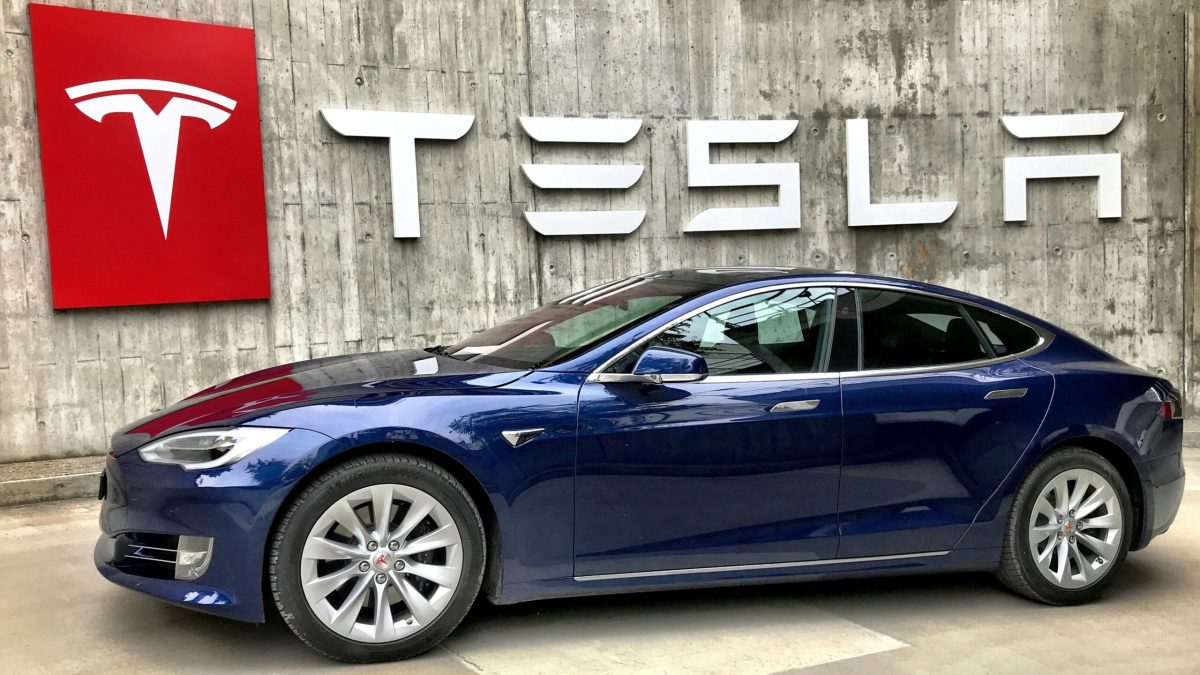
Tesla, the US electric vehicle giant, celebrated record sales in China in 2024, but analysts warn that sustaining this performance in 2025 could prove challenging as competition with domestic players intensifies.
While the American automaker has demonstrated its strength, a fierce price war and the rise of innovative local rivals are creating a complex landscape for Tesla in the world’s largest EV market.
Record sales mask market share decline
Tesla’s annual sales in China surged by 8.8% to a record high of over 657,000 cars in 2024, with December sales alone jumping 12.8% from the previous month to 83,000 units, according to Tesla China.
Despite these impressive figures, Tesla has been steadily losing market share to Chinese new-energy-vehicle players, declining from 7.8% in 2023 to 6% in the January to November period of last year.
Bill Russo, founder and CEO of Automobility, who believes Tesla is “struggling to keep pace [with domestic rivals] and has a limited and aging product portfolio,” as quoted by CNBC.
Aggressive pricing and incentives
While brand resiliency and price cuts have supported Tesla’s sales so far, said Tu Le, founder and managing director of Sino Auto Insights, he expressed uncertainty about Tesla’s ability to maintain momentum in 2025, citing a lack of new products and increased local competition, particularly from Chinese companies.
To stay competitive, Tesla slashed the price for its best-selling Model Y in China by 10,000 yuan ($1,364.5) in late December and extended a zero-interest five-year loan plan for car buyers until the end of January.
The Model Y now starts at 239,900 yuan after the discount, and the Model 3 sedan begins at 231,900 yuan – following a 14,000 yuan price cut in April.
Despite these aggressive moves, Tesla’s prices remain at a premium over many cheaper models offered by Chinese domestic carmakers. BYD, the market leader with around 34% market share, prices its best-selling Seagull model at 136,800 yuan, and its more affordable Yuan Plus model starts at 96,800 yuan.
Local rivals push back with new models and incentives
The price war has extended into the new year, with local players also stepping up their game.
Li Auto recently introduced cash subsidies of 15,000 yuan per purchase along with a three-year zero-interest financing scheme.
Nio has also extended a similar three-year zero-interest loan plan for its EV buyers.
These purchasing incentives are coupled with Chinese authorities’ efforts to extend the consumer goods trade-in program, which subsidizes consumers to trade in old cars or appliances and buy new ones at a discount.
According to Tesla China, the government-subsidized trade-in program could further lower prices for both the Model 3 and Model Y by up to 50,000 yuan.
“Tesla has to discount aggressively to keep pace with the ongoing price war in the market,” Russo noted.
Tesla’s “Apple of cars” status under challenge
Despite the dwindling market share, Tesla is not expected to lose its footing in China entirely, according to Joe McCabe, CEO and president of AutoForecast Solutions, who likens Tesla to “the Apple of cars” – an “early adopter” in the EV space with “phenomenal” technology.
“I don’t think Tesla is at risk of not surviving,” McCabe added, “all [Elon Musk] has to do is drop the price by 5%, because he can, and that will help for little blips,” McCabe told CNBC.
However, Chinese electric carmakers have been rolling out a slew of new models with trendy features, such as projectors, embedded refrigerators, and advanced driver-assist systems.
Innovation gap and regulatory hurdles
Tesla, on the other hand, has been slow to adopt these features and maintains a focus on fully electric vehicles, while its homegrown rivals have explored plug-in hybrid cars and extended-range EV categories.
This is significant as these more traditional models appeal to buyers who are “still worried about the leap to fully electric [cars],” Sam Fiorani, vice president of AutoForecast Solutions, stated.
Tesla’s plans to launch its full self-driving supervised system also face regulatory hurdles in China, while several local competitors have already made advanced driver-assistance systems a standard part of their offerings.
Trade barriers and global competition
Musk had previously warned that Chinese automakers could “demolish most other car companies in the world” unless regulators intervene with trade barriers, as BYD overtook Tesla as the world’s top-selling EV company in the last quarter of 2023.
The US has imposed a 100% duty on Chinese EVs and the EU has imposed tariffs as high as 45.3% on Chinese EVs in an attempt to protect their homegrown industries.
This may force Chinese automakers to focus on their domestic market and other “smaller, friendlier” markets, potentially adding pressure on Tesla’s sales in China and elsewhere, according to Fiorani.
Tesla’s sales of China-made EV cars, including exports, fell modestly by 0.4% from a year ago to 93,766 units in December, whereas BYD sold 509,440 cars in December, a nearly 50% year-on-year jump.
The post Tesla achieves record China sales, but faces a tougher road ahead appeared first on Invezz

